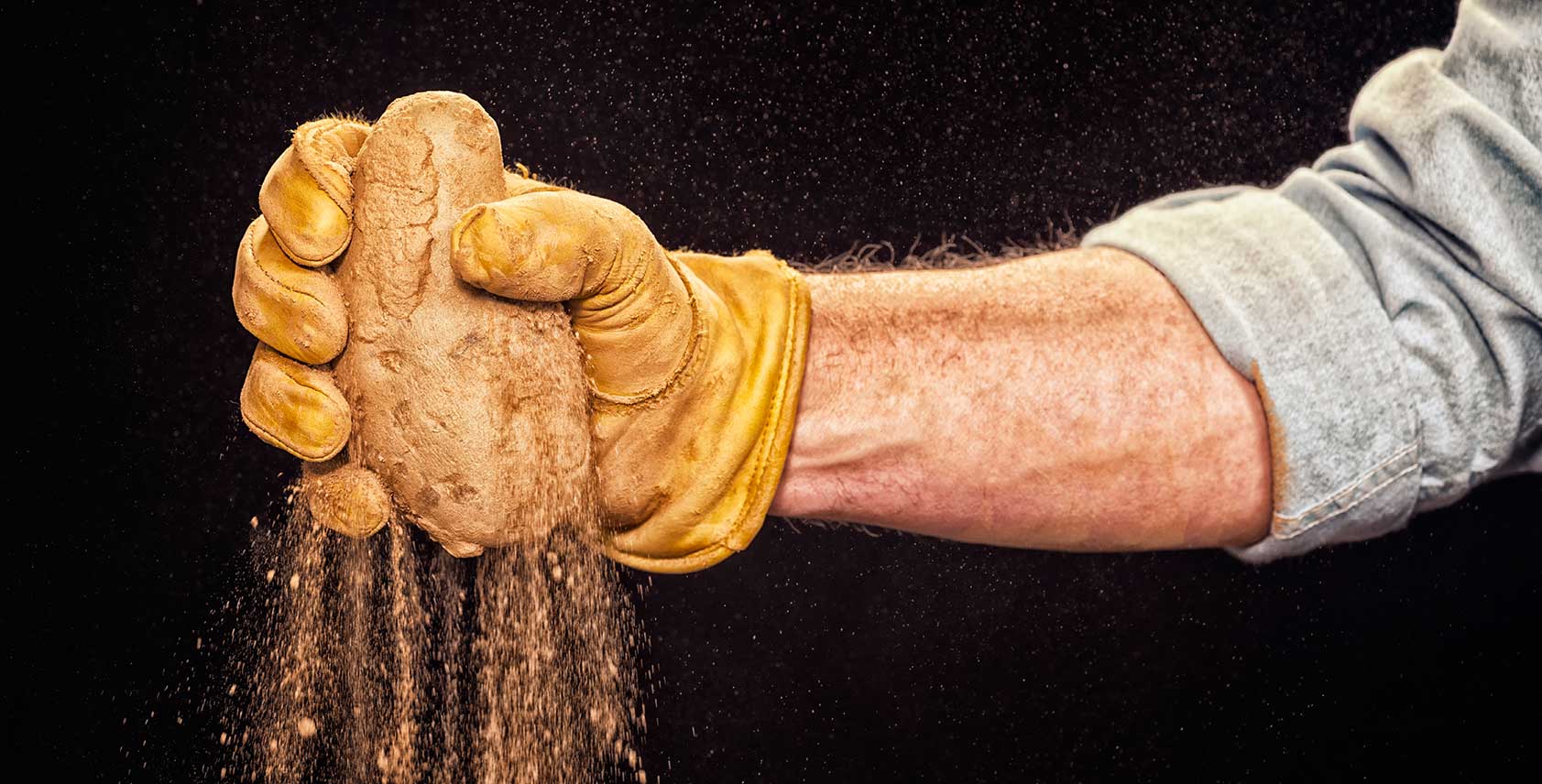The Surprising Trend That’s Redefining the Country’s Best Restaurants
It rained for two days straight. Cold rain in July. It never rains like that in Calgary. We had booked the photographer weeks before to shoot the restaurant and some of the people and places in the city that helped make it. I found myself apologizing to him for the weather, something I hadn’t done since leaving Vancouver. We were parked out front of a strikingly modern house five minutes outside the downtown core — we were there for the onions and the chard. Everything was soaked — great for the plants, not so much for us. The photographer had no coat and was freezing and wet. Soon we would be, too.
Rod, one of the brains behind Calgary’s Leaf and Lyre, a farming collective that manages this patch, rolled up as we began to shoot and pick. The onions would be braised down for a sauce. The chard would be processed into house-made ricotta dumplings. The Chef de Cuisine and I scoured the vegetable patch for anything else that looked interesting: some baby lettuces for a salad, some young carrots for flash pickling with fried chickpeas. I would admit a strange feeling standing in a complete stranger’s yard, harvesting their vegetables, as they looked on — except it’s become such a common practice for us it feels almost normal now.
Leaf and Lyre has a number of these arrangements around the city, and they’re not alone. We deal with other farm ops as well, Seed+Soil, and the collective they both fall under called YYC Growers. Together they manage to keep a growing number of Calgary restaurants in a steady supply of fresh vegetables throughout the season. This is not a new phenomenon. Every city and community in Canada has a CSA (Community Supported Agriculture) initiative, but we’ve recently found out how useful they can be — making vegetables the star of the show in many dishes. It’s unintentionally trendy, too.
When we opened Pigeonhole last year, we took a gamble. We wrote a menu that was at least 50 per cent vegetarian — almost unheard of in Calgary, Alberta, where meat-and-potatoes is practically a religious observance. For us, though, it was an easy decision. Last summer, 100 per cent of all the raw products used in both Model Milk and Pigeonhole were local. In terms of vegetables, 60 per cent were not only local, they came from urban gardens. The belief is that if you pay attention to the product, you can apply the best technique to coax it into its fullest expression. That, in turn, has paid off huge for us.
Our relationship with these farms allowed us to be incredibly flexible in what we put on the menus, and what we could create. These relationships also allow us to sit down with people like Rod over the winter and pore over seed catalogues, talking about what we would plant in the coming year: heirloom tomatoes, black kale, hakurei turnips, rainbow chard, French breakfast radishes, herbs and baby lettuces. Obscure vegetables became a distinct possibility as we shared the cost and the risk, guaranteeing money for seed, labour, and a market for the produce when it was ready. With the growing infrastructure of local urban gardens, it’s a safe bet that this trend, if properly cultivated, will pay off for the city as a whole.
A few weeks after that rainy day in July, a friend of mine, who owns two beloved Calgary restaurants, Ox and Angela, and UNA, showed up at our door with 40 pounds of Swiss chard, which he harvested while spending the day in a backyard garden. You really can’t beat that sense of community that surrounds raising and harvesting vegetables for one another. That’s why it’s a trend in the first place. Sure, it sets a restaurant apart by allowing them to use fresh and interesting ingredients, but it’s also a way of building a city’s food scene in an organic way. It foreshadows, and actually increases, the pleasure of sharing food at a table with friends and loved ones. This is the very essence of why we opened Model Milk in the first place. It’s why days picking in the rain are ultimately worthwhile. And that soaking wet photographer? He didn’t complain. After all, he ate pretty well that day.
Justin Leboe is the chef/owner at Model Milk and the recently opened Pigeonhole in Calgary.










